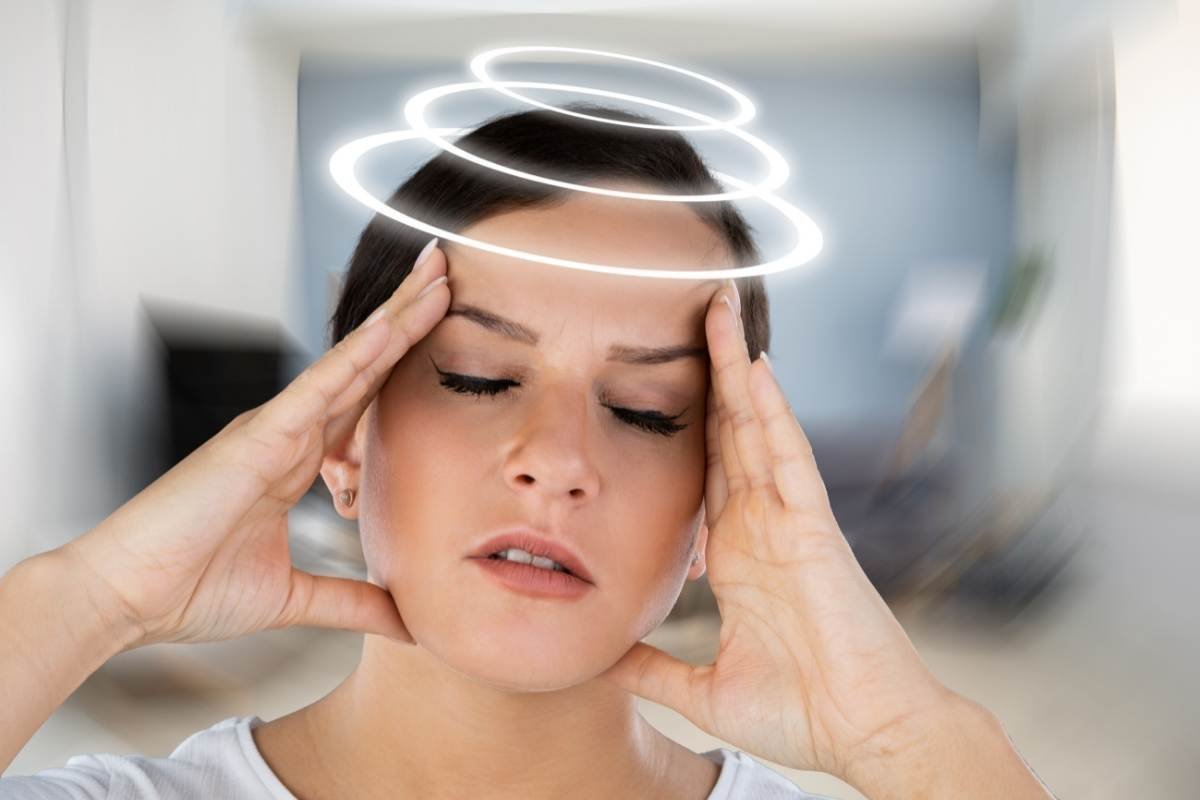Treat acute post-concussion dizziness to promote physical activity and improve recovery, a new study suggests
By Malayka Gormally. This article was initially published in our Concussion Update newsletter; please consider subscribing.
Gradually increasing physical activity is now accepted as an “important aspect of appropriate clinical management.” However, post-concussion dizziness in the first weeks after a concussion reduces a patient’s propensity for physical activity and may potentially hinder recovery, a new study finds. Researchers Katherine L. Smulligan et al. conclude that “treating acute post-concussion dizziness can potentially reduce a barrier to PA [physical activity] and improve recovery trajectories.”
The study involved assessing 35 adolescents (12-18 years, 49% female) for concussion symptoms, including dizziness and postural stability within 14 days of injury, although most assessments were 7 days (+/-3 days) after injury. After the assessment, participants used activity monitors to track their steps for two weeks. The study authors found that the patients’ dizziness symptom rating “predicted average steps/day.” The study was published in Medicine & Science in Sports & Exercise.
Concussion Alliance would like to note that treating post-concussion dizziness involves a referral to a physical or vestibular therapist; these referrals typically are not made until a patient is deemed to have persistent symptoms, often 3-4 weeks or later after a concussion. This study implies that providers should refer to PT in the acute stage of concussion or as soon as dizziness is diagnosed. For more information, see our pages on Physical Therapy and Vestibular Therapy.

